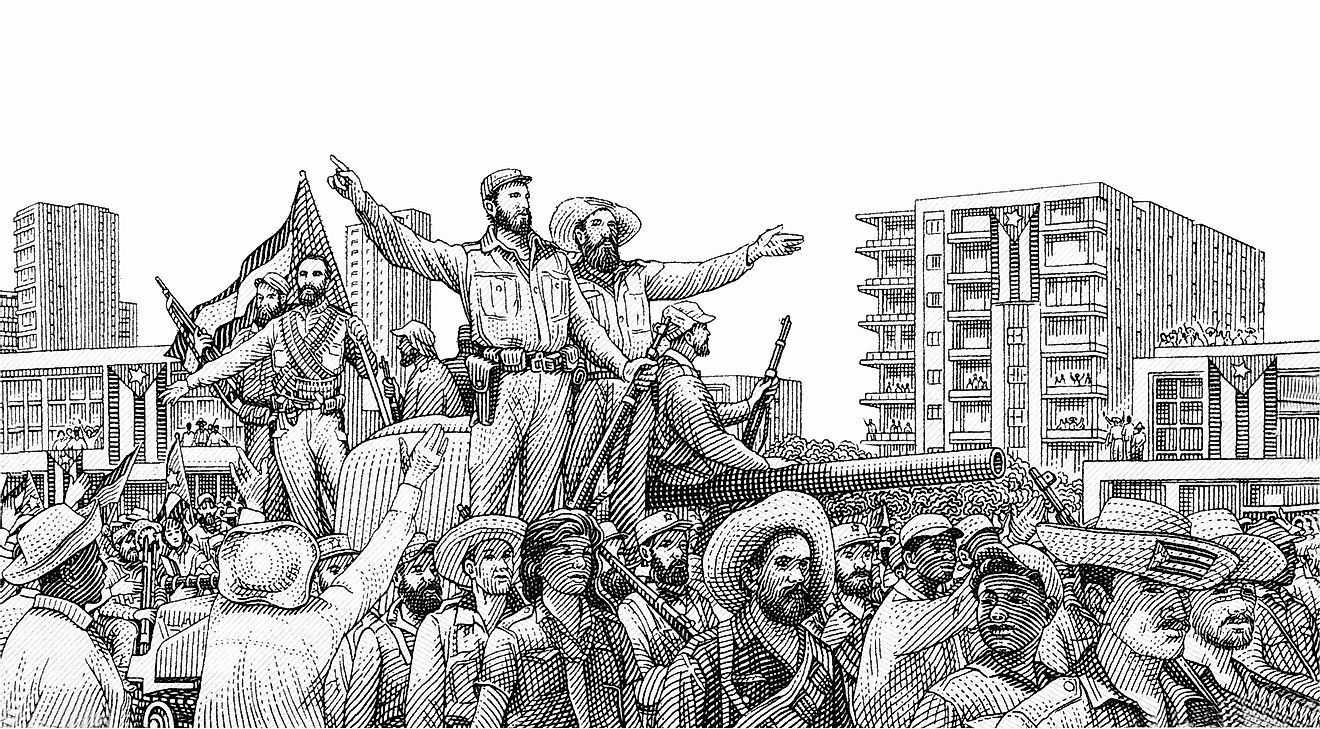What is Eminent Domain?

Eminent domain can be defined as the power of the state or the central government to convert a private property to public use. In the UK, New Zealand, and Ireland it is known as compulsory purchase. France, Mexico, South Africa, Portugal, and Spain refers to the eminent domain as expropriation. Under eminent domain, private property may be acquired for government use or by another party nominated by the state who will put it to public or civic uses. Properties acquired by eminent domains are commonly used for roads, government offices, and public utilities. The property may be taken as a whole or in part, quantitatively or qualitatively. The taker is expected to make an offer for the purchase of the property before turning to the use of eminent domain.
Meaning Of Eminent Domain
The term was borrowed from a legal treatise known as ‘De Jure Belli et Pacis’ which was written by Hugo Grotius in 1625. The use of eminent domain is not only confined to tangible and visible property but also intangible properties such as contract rights, patents, and copyright. Acquiring a private property by the state must include payment or compensation of some kind to the owner of the property. The compensation must put the owner of the property in the position they may have been with the property. However, the courts have sometimes limited the compensation to the greatest extent of what market value dictates. In most cases, compensation does not cover other losses that may result as a result of the property seizure.
Eminent Domain In North America
Most of the countries in North America use the principle of eminent domain. In the US, some of the states like New York use the term ‘appropriation’ or ‘expropriation’ in place of eminent domain. The constitution of the US requires ‘just a compensation’ whenever the eminent domain is exercised. The compensation is calculated by the fair market value of the share of the property taken plus any severance damage. The formal act of exercising the eminent domain is often referred to as condemnation. The Congress may also take a private property directly through transferring the ownership of the property to the state. In Canada, eminent domain, also known as expropriation, is guided by federal statutes. Under the statutes, public authorities have the powers to take private property as long as the acquisition has been approved by the relevant government authorities.
Eminent Domain In Europe
In Europe, the European Convention on Human Right protects private property from appropriation. The convention prohibits interference with the right to own private property except under very special circumstances. It must be recognized as absolute necessary. In France, a just preliminary compensation is recommended before expropriation. In Germany, expropriation is allowed only if it benefits the public and a just reward must also be made which can be checked by the court. However, Spain has included forced expropriation in its constitution with the compensation to the owner of the property determined by the law. In Italy, expropriation occurs within the framework of the civil law.











